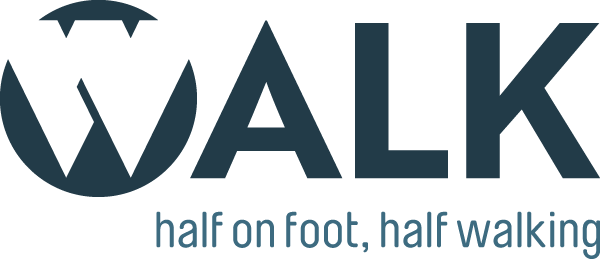We are pleased to announce that the DRIFTING BODIES / FLUENT SPACES Conference/Meeting will take place, maintaining the walkshops and performative walks and transferring part of the original conference schedulei nto an online format.
Walkshops Drifting Bodies/Fluent Spaces em GUIMARÃES – July 22th, 23th and 24th, 2020
Online Conference/Round Tables – July 22th, 23th and 24th, 2020
Unfortunately, due to the global spread of COVID-19 (Corona Virus), Drifting bodies/ fluent spaces as an international meeting/conference has been reorganized. We had the need to cancel the exhibition, reduce the number of walkshops and transform the conferences and the round tables into an online format. On the other hand we are preparing an E-book/multimedia catalogue that groups the papers, audio papers, artistic projects, artworks and walkshops, the works submitted and accepted will also be shared in the DRIFTING BODIES / FLUENT SPACES webplatform (https://walk.lab2pt.net/).
We look very much forward to our online conference/meeting and your participation to the walkshops, outdoors in the city of Guimarães, aspiring to celebrate the art of walking and leave inspiring traces of this event in your memories.
DRIFTING BODIES / FLUENT SPACES
WALKSHOPS AND WALKING PERFORMANCES IN GUIMARÃES – 22-24 July 2020
VIRTUAL MEETING/CONFERENCE ON WALKING ARTS – 22-24 July 2020
EAUM / LAB2PT / UMINHO | MADE OF WALKING (VII) | CÂMARA MUNICIPAL DE GUIMARÃES
A letter to all wanderers
Drifting bodies/ fluent spaces is an international meeting/conference on walking arts in relation to the liquid bodies that cross the landscape. Focusing on intermedia and embodied practices, the project enables a site-specific creation-research laboratory about the relations between walks and dérives, sounds and silences, void and occupied places, digital and bodily spaces, and their walking narrations and translations.
The aim is to generate and share collective experiences and documentation of the diverse processes within urban landscapes and the urban setting of Guimarães in particular. The project intends to explore critically how bodies and new technologies work together to produce new practices and narrations of public space and movement. Special attention will be placed on the exploration of the city which draws our attention to people’s everyday actions and negotiations of city spaces revealing the potentiality of space.
The examination of space in its embodied understanding seeks to reveal its particular qualities, examine and comment on their role in the life of the local communities and suggests also innovative ways of their mapping.
Collaborative creation and decision making, open dialogues of the experiences, and documentation of the process are crucial for it prompts critical thinking about art and the aesthetic experiences in relation to our everyday life. By generating transversal dialogical encounters with participants we root the aesthetic practice on relationships-relations; with ourselves, among each other and with transitional spaces we drift through and inhabit as a fluid, an ever-changing dynamic.
Walkers are creative shapers of their surroundings; walking appears not just as a reflective or practical activity, it also reveals the agency of those who decide to take a different route, a detour, a simple stroll, or even a straight path.
We invite to submit papers, posters, artistic projects/artworks, and walkshops and walking performances, that relate to:
i) walks, performance events or actions that focus on the relationship of the body and the physical space, and on the immaterial realms of conscious and sensory experience,
ii) digital/new technology mappings of the urban fluidity and drift as methodology,
iii) documentation explorations of the experiential understanding of the urban fluid that challenge current representational techniques, and,
iv) walking narratives and their intermedia translations exploring innovative, experimental writing/reading practices in storytelling, poetry, fiction, and hybrid formats, including digital/new technology.
MAIN THEMES
1) drift/psychogeography, as subversive practice, as an urban game – playfulness and risk
2) the fluid body and senses, (re)writing and (re)reading the city through the body
3) emptiness – silence, exploring these as transformative elements of places and situations
4) walking stories, looking into walking narratives and their intermedia translations

 PORTUGUÊS
PORTUGUÊS
